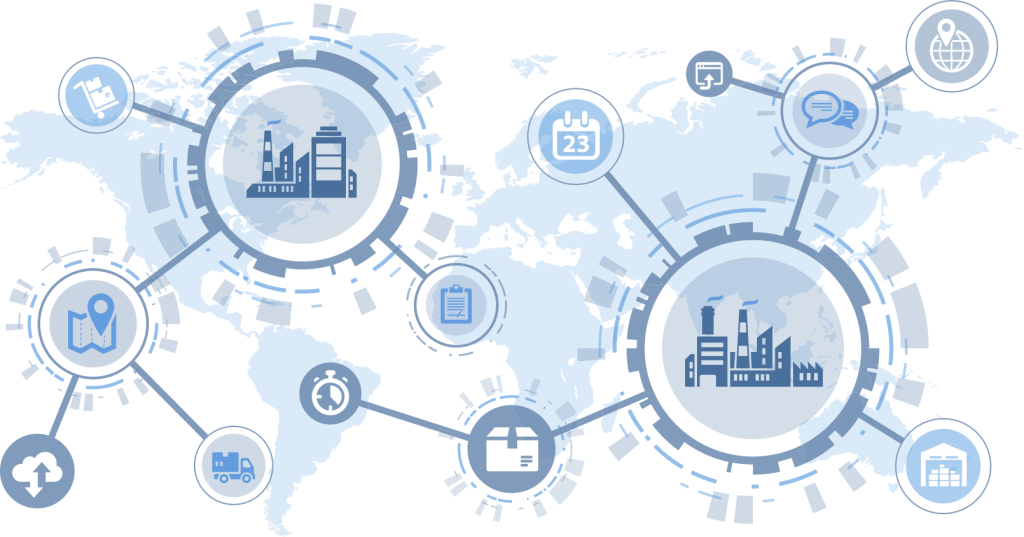Supply Chain Optimization
Supply Chain Optimization
AI-powered Supply Chain Optimization is transforming how companies manage the flow of goods, from manufacturing to delivery, by making the entire process faster, more efficient, and less expensive. Traditionally, supply chains can be complicated, with many moving parts like suppliers, warehouses, and shipping routes. Delays or miscommunication in any part of the chain can cause problems, such as stock shortages or late deliveries. AI helps solve these issues by analyzing data from across the supply chain in real time and suggesting the best ways to improve everything from production schedules to delivery routes, helping businesses save time and money.

One major way AI helps with supply chain optimization is by predicting demand more accurately. By analyzing data like past sales, customer behavior, and even external factors like weather or holidays, AI can forecast how much of a product will be needed at any given time. For example, during the holiday season, AI can predict an increase in demand for certain products and suggest ramping up production ahead of time. This prevents stockouts, where items run out, and also helps avoid overproduction, which can lead to wasted inventory. By getting the balance just right, AI ensures that businesses have the right amount of stock on hand when it’s needed.
AI also plays a key role in optimizing the logistics and transportation side of the supply chain. For example, it can analyze traffic patterns, weather conditions, and fuel costs to suggest the most efficient routes for delivery trucks. This helps reduce delivery times and cuts down on fuel expenses, which is not only good for the business but also for the environment. AI can also help with managing warehouse operations, organizing products in a way that makes it easier and faster to pick, pack, and ship orders. These improvements reduce errors and ensure that products get to customers quickly and efficiently.
Another advantage of AI in supply chain optimization is its ability to detect and respond to disruptions quickly. If there’s a sudden problem, such as a supplier running out of materials or a shipping delay due to bad weather, AI can analyze the situation and suggest alternative solutions. For example, it might recommend sourcing materials from a different supplier or rerouting shipments to avoid delays. This real-time decision-making helps keep the supply chain running smoothly, even when unexpected challenges arise. As a result, companies can respond more quickly to issues, reducing the risk of costly delays and ensuring that customers get their products on time.
Finally, AI helps companies make the supply chain more sustainable. By optimizing production and transportation, AI reduces waste, lowers energy consumption, and minimizes the environmental impact of supply chain operations. For instance, AI can suggest ways to reduce packaging materials or improve energy efficiency in warehouses. This not only helps businesses reduce costs but also meets the growing demand for environmentally friendly practices from consumers and regulatory bodies. In short, AI-powered supply chain optimization helps companies streamline operations, reduce costs, and become more sustainable, all while ensuring that customers receive their products quickly and reliably.

